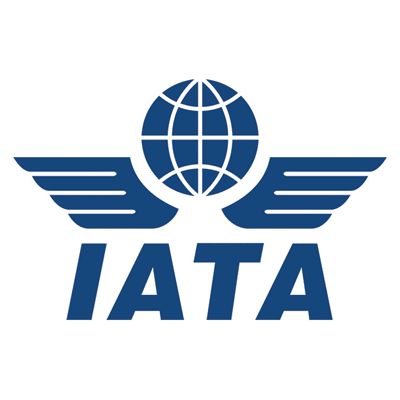Study sees travel distribution transformed by 2017
- Like
- Digg
- Del
- Tumblr
- VKontakte
- Buffer
- Love This
- Odnoklassniki
- Meneame
- Blogger
- Amazon
- Yahoo Mail
- Gmail
- AOL
- Newsvine
- HackerNews
- Evernote
- MySpace
- Mail.ru
- Viadeo
- Line
- Comments
- Yummly
- SMS
- Viber
- Telegram
- Subscribe
- Skype
- Facebook Messenger
- Kakao
- LiveJournal
- Yammer
- Edgar
- Fintel
- Mix
- Instapaper
- Copy Link
Posted: 13 December 2012 | IATA | No comments yet
By 2017, Atmosphere expects 50% of online direct bookings will be made on mobile devices…


The International Air Transport Association (IATA) announced the publication of an independent study identifying major trends that are transforming the travel distribution landscape. The Future of Airline Distribution – A Look Ahead to 2017 was commissioned by IATA and written by Henry H. Harteveldt, co-founder of Atmosphere Research Group.
According to the study:
- Travel is the largest e-commerce category, led by airline ticket sales. “In the US, it’s estimated that business and leisure travelers will spend $85.7 billion online for airline in 2012.”
- The typical travel shopper visits 22 websites in “multiple shopping sessions” before booking a trip but “travelers relying solely on third party websites would not receive all the information needed to make a fully informed purchase decision.”
- Passengers are more likely than the general population to own smartphones and tablet devices, with substantial growth expected due to these devices’ growing capabilities. Passengers show strong interest in using mobile devices to plan and book flights, illustrating their comfort with these devices.
- By 2017, Atmosphere expects 50% of online direct bookings will be made on mobile devices — with even more ancillary purchases made through mobile, given the devices’ portability and ease of use.
The study says that “Airlines have morphed into retailers — true merchants of the skies. As merchants, airlines need systems that can help them not just distribute their flights, but merchandise their products and value across the channels that make sense — online and offline, direct and indirect — at sensible costs.
“What airlines don’t want are distribution channels that present all airlines as equally substitutable commodities. Airlines want, and expect, their distribution partners to offer passengers helpful contextual information to make well-informed purchase decisions, reducing the number of reservations made based primarily or exclusively on price.”
Customers, meanwhile, believe that, “control is as important in booking flights as in buying a cup of coffee. Passengers may accept that airlines can’t be the first to offer customization tools like buttons, sliders, and other similar controls that make flight shopping easier,” but as they see these tools deployed on other websites, “they will expect airlines to offer comparable functionality.”
The study notes that “Airlines also want commerce platforms that can support extensive fare and product transparency, dynamic pricing, rich basic and ancillary product merchandising and retailing, and the ability to reliably and securely process the massive volume of shopping sessions. Importantly, airlines are also eager to see new providers enter the airline distribution/commerce space.”
According to the study, “distribution is no longer an adequate way to think about how airlines must sell their products” because it implies process – “when airline executives instead are increasingly focused on results. That’s why, by 2017, what airlines currently call ‘distribution’ will be replaced by a focus on channel-based, value-creating commerce.”
Atmosphere believes this new approach will be supported by the emergence of “value creation hubs” (VCH). VCHs will represent an evolutionary “pivot” from the current Global Distribution System approach.
Access the The Future of Airline Distribution study













